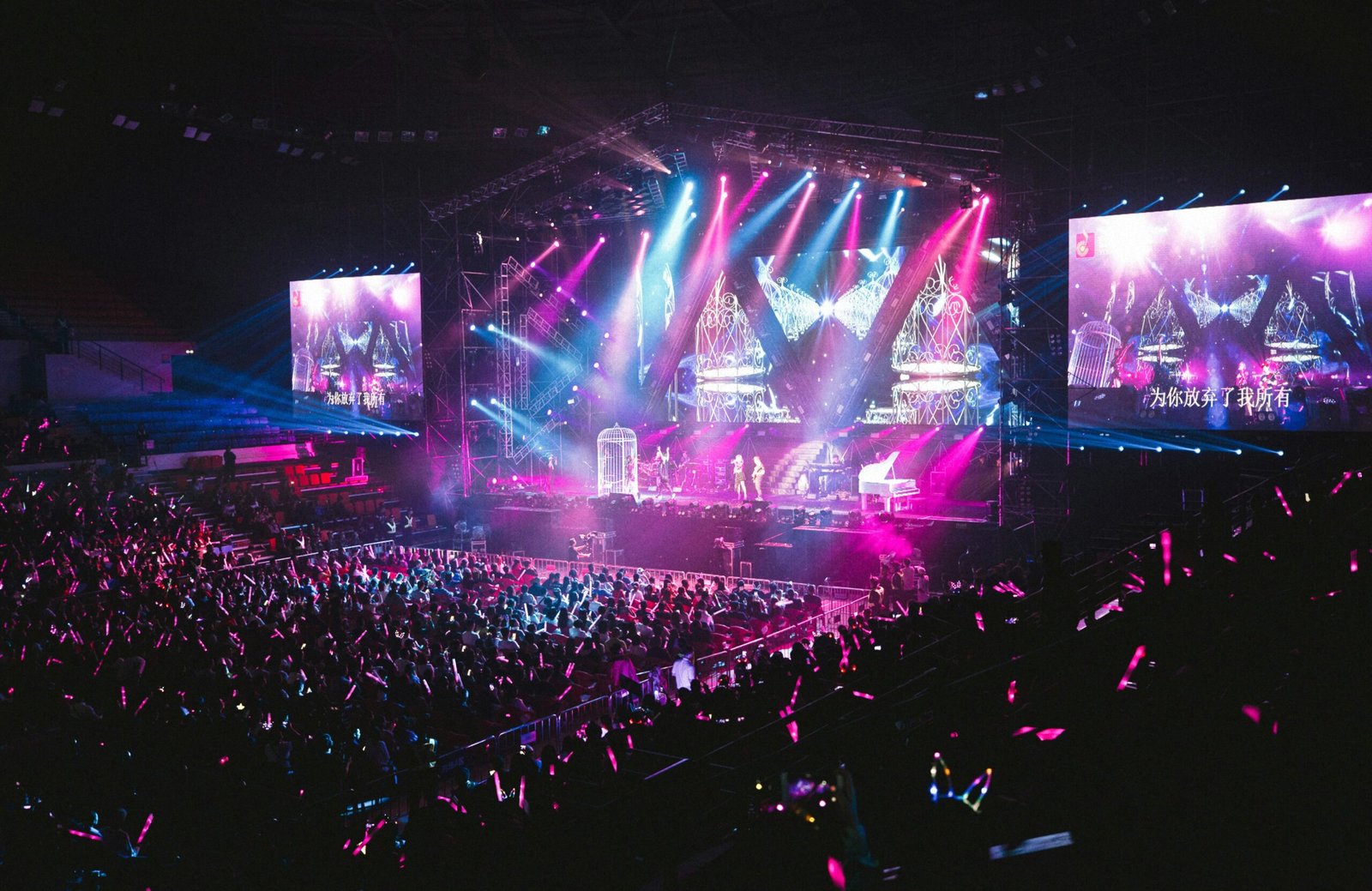Building a Strong Brand Presence
Establishing a strong brand presence is essential for any event manager aiming to sell more tickets online. A recognizable and trustworthy brand can foster a deeper connection with your community, making potential attendees more likely to engage with your events. Key elements of brand identity include logos, color schemes, and messaging, all of which should resonate with your target audience. Through these design choices, you can convey a clear representation of the event’s purpose and essence, allowing potential attendees to form an emotional connection with your brand.
Storytelling plays a pivotal role in shaping an impactful brand presence. By effectively narrating the purpose and value of your events, you create a compelling narrative that encourages engagement. This narrative should highlight what sets your event apart and the unique benefits it offers attendees. A grounded story can transform casual onlookers into enthusiastic supporters who feel personally invested in the event, cultivating loyalty and increasing the likelihood of ticket purchases.
In addition to messaging and storytelling, consistency across all marketing channels is crucial for enhancing brand awareness. Whether you’re utilizing social media, email newsletters, or event-specific websites, maintaining a cohesive brand identity helps establish trust and recognition among your audience. Each communication should reflect your core values and visual identity, ensuring that attendees receive a clear and unified message no matter where they encounter your brand. When potential attendees see a familiar brand across various platforms, they are more likely to perceive it as reputable and deserving of their time and investment.
Overall, a strong brand presence not only enhances recognition but also fosters community engagement, ultimately contributing to increased ticket sales.
Utilizing Effective Advertising Strategies
In the competitive landscape of online ticket sales, employing effective advertising strategies is crucial for reaching your community and maximizing ticket sales. One of the most powerful avenues for promoting events is through social media advertisements. Platforms such as Facebook, Instagram, and Twitter allow marketers to create highly targeted ads that can reach specific demographics based on age, location, interests, and behaviors. By leveraging these advertising features, event organizers can ensure that their promotions are seen by potential attendees who are most likely to engage.
Google AdWords also plays a significant role in online advertising for event tickets. By utilizing search engine marketing, you can create ads that appear when users search for relevant keywords related to your event. This approach enables you to capture the interest of actively searching individuals, thus increasing the likelihood of ticket purchases. Integrating retargeting strategies into your campaigns can further enhance effectiveness; this technique allows you to re-engage users who previously visited your site but did not complete their ticket purchase.
Event listing platforms are another valuable resource for boosting visibility. Websites such as Eventbrite, Meetup, and local community boards allow you to list your event, making it easier for potential attendees to discover it. By ensuring that your event is featured on multiple platforms, you can dramatically increase exposure and consequently increase ticket sales.
Creative ad formats, including video ads and eye-catching visuals, serve to capture attention more effectively than traditional advertisements. Videos can convey the excitement of your event, offering a sneak peek of what attendees can expect. Furthermore, implementing A/B testing allows you to evaluate the performance of different ad variations, helping you to optimize campaigns continuously. Testing different visuals, messages, and targeting options benefits overall advertising efficiency and leads to improved ticket selling results.
Engaging with Your Community
Engaging with your community plays a crucial role in driving ticket sales for events. One effective strategy is hosting free preview events, which allows potential attendees to experience a taste of what the full event will offer. This approach not only generates excitement but also fosters a sense of inclusivity within the community, encouraging individuals to consider purchasing tickets for the main event. By providing a sneak peek, event organizers can showcase the value of their offering, leading to increased interest and eventual ticket sales.
Furthermore, forming partnerships with local businesses can significantly enhance community engagement. Collaborating with restaurants, cafes, or shops can result in mutual promotions, whereby businesses promote the event in exchange for visibility at the event. This networking reinforces community ties and broadens the reach of marketing efforts. Local businesses often possess their own customer base, which can be leveraged to attract more attendees to the event.
Utilizing local influencers is another powerful tactic for promoting events. Influencers, who hold sway within the community, can effectively share enthusiasm for the event through their platforms. By aligning with these individuals, event organizers can tap into a more extensive audience and increase trust among potential ticket buyers. Their endorsements often serve as a catalyst for engagement, prompting community members to consider attending and purchasing tickets.
A tangible way to improve event offerings is by gathering feedback from the community. Surveys and polls can provide insight into community interests and preferences, allowing event organizers to tailor their events more effectively. Engaging with the community through social media, newsletters, and local forums is vital for maintaining a continuous dialogue. An active and responsive presence not only builds strong relationships but also establishes a loyal audience that is more likely to buy tickets. Ultimately, successful community engagement can significantly enhance ticket sales and ensure events resonate with their intended audience.
Employing Proven Sales Tactics
In the competitive landscape of event ticket sales, utilizing well-established sales tactics can significantly enhance your overall revenue and reach. One effective approach is implementing early bird pricing, which encourages potential attendees to purchase their tickets well in advance. This strategy not only boosts initial sales figures but also creates a sense of urgency among consumers who may fear missing out on the best rates. By doing so, organizers can better gauge attendance expectations and allocate resources efficiently.
Another valuable tactic is offering group discounts. This strategy not only incentivizes bulk purchases but also fosters community participation, as friends and colleagues are likely to attend events together. Implementing a structured discount for larger groups can lead to a more significant impact on ticket sales, making it an attractive option for event organizers looking to amplify turnout.
Limited-time offers are equally persuasive, invoking urgency among potential buyers. By incorporating countdown timers or specifying the availability period, you compel customers to act swiftly, lest they miss out on a coveted opportunity. These exclusive deals serve to enhance the perceived value of the tickets, further motivating attendees to finalize their purchases without hesitation.
Furthermore, upselling and cross-selling related products, such as merchandise or VIP packages, can substantially increase your overall revenue. By promoting these add-ons at the point of checkout, event organizers can significantly enrich the attendee experience while simultaneously boosting sales performance. However, it is crucial to optimize the purchasing process for a seamless and user-friendly ticket-buying experience. Ensuring a straightforward pathway from selection to payment will encourage consumers to complete their transactions, maximizing your event’s potential for ticket sales and profitability.


Leave a Reply